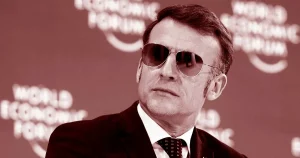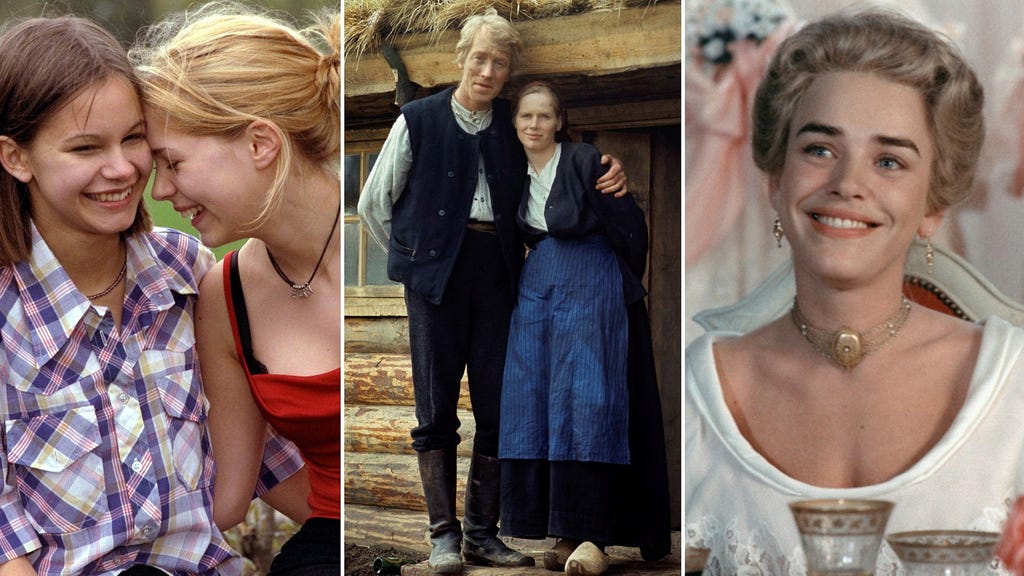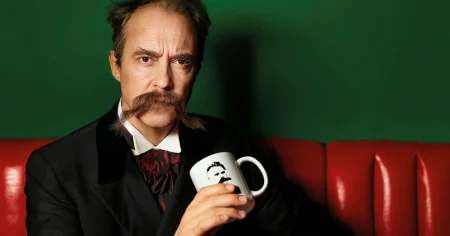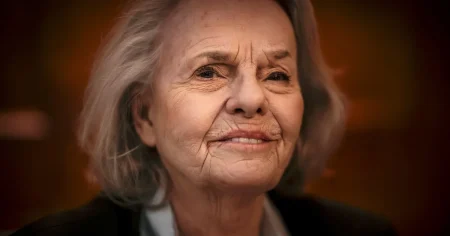A Celebration of Swedish Cinema: A Deep Dive into 10 Award-Winning Films
Swedish cinema boasts a rich tapestry of compelling narratives, innovative filmmaking, and profound explorations of the human condition. From intimate dramas that dissect family dynamics to epic historical narratives that capture the spirit of a nation, Swedish films have consistently garnered international acclaim. This exploration delves into ten exceptional films, each a Guldbagge award winner, offering a glimpse into the diverse landscape of Swedish cinematic artistry. These films, spanning decades and genres, represent pivotal moments in Swedish film history and offer unique perspectives on societal issues, personal struggles, and the complexities of human relationships.
Ingmar Bergman’s Masterpiece: Fanny and Alexander (1982)
Considered by Bergman himself as the culmination of his filmmaking career, "Fanny and Alexander" is a sprawling epic set in early 20th-century Uppsala, Sweden. This coming-of-age story follows the Ekdahl family, a large, affluent clan whose lives intertwine with the magical and the mundane. The film captures the wonder and heartbreak of childhood through the eyes of Fanny and Alexander, two young siblings who navigate the complexities of family life, loss, and the clash between religious dogma and artistic freedom. Winning four Oscars, including Best Foreign Language Film, and multiple Guldbagge awards, "Fanny and Alexander" stands as a testament to Bergman’s cinematic genius and his ability to weave together intricate narratives with profound emotional depth.
Exploring Human Fragility: Persona (1966) and The Silence (1963)
Ingmar Bergman’s influence on cinema is undeniable, with "Persona" and "The Silence" representing two of his most groundbreaking works. "Persona," a psychological drama, explores the blurred lines between identity and performance as a nurse and her patient engage in a complex psychological game. The film’s experimental style and intense exploration of female subjectivity cemented its status as a cinematic landmark. "The Silence," another Bergman masterpiece, delves into the strained relationship between two sisters traveling through a foreign land. The film’s stark portrayal of alienation and existential angst resonated with audiences and critics alike, establishing Bergman as a master of psychological drama.
Societal Reflections: An Honest Life (1979) and Force Majeure (2014)
"An Honest Life," a documentary by Stefan Jarl, provides a raw and unflinching look at drug addiction, poverty, and social marginalization in Sweden. The film follows the life of Kenneth "Kenta" Gustafsson, a charismatic yet troubled individual, offering a stark portrait of social realities often overlooked. In contrast, Ruben Östlund’s "Force Majeure" examines the complexities of modern family dynamics through a darkly comedic lens. The film dissects the cracks in a seemingly perfect family when a father’s instinctive reaction during a perceived avalanche exposes his inherent selfishness, triggering a chain of events that challenge their relationships and societal expectations of masculinity.
Love and Coming-of-Age: Fucking Åmål (1998) and A Love Story (1970)
Lukas Moodysson’s "Fucking Åmål" (Show Me Love) is a tender and often humorous portrayal of teenage angst and burgeoning love in a small Swedish town. The film captures the awkwardness and exhilaration of first love, offering a relatable and honest depiction of adolescence. Similarly, Roy Andersson’s debut film, "A Love Story," explores the complexities of young love against the backdrop of a seemingly mundane Swedish society. The film’s understated realism and nuanced performances create a poignant and enduring portrait of youthful romance and the challenges of navigating the adult world.
Epic Journeys and Artistic Visions: The Emigrants (1971) and Songs from the Second Floor (2000)
Jan Troell’s "The Emigrants" is a sweeping epic that chronicles the arduous journey of a Swedish family immigrating to America in the mid-19th century. Based on Vilhelm Moberg’s classic novel, the film captures the hardships and resilience of those who sought a better life in a new land. "Songs from the Second Floor," directed by Roy Andersson, marks a stark departure from traditional narrative filmmaking. Employing meticulously staged tableaux and a darkly comedic tone, the film explores the alienation and absurdity of modern life, offering a unique and thought-provoking cinematic experience.
Genre-Bending Excellence: Man on the Roof (1976)
Bo Widerberg’s "Man on the Roof," based on the Sjöwall & Wahlöö novel, is widely considered one of the best Swedish crime thrillers ever made. The film follows the investigation of a police officer’s murder, delving into the complexities of police corruption and the dark underbelly of Swedish society. With its gripping narrative and compelling performances, "Man on the Roof" solidified Widerberg’s reputation as a skilled filmmaker capable of blending genre conventions with social commentary.
These ten films, each a recipient of the prestigious Guldbagge award, represent just a fraction of the rich tapestry of Swedish cinema. They demonstrate the power of film to reflect societal changes, explore the human condition, and challenge conventional storytelling. From Bergman’s existential dramas to Östlund’s satirical comedies, Swedish cinema continues to captivate audiences worldwide with its unique blend of artistry, social relevance, and emotional depth.














